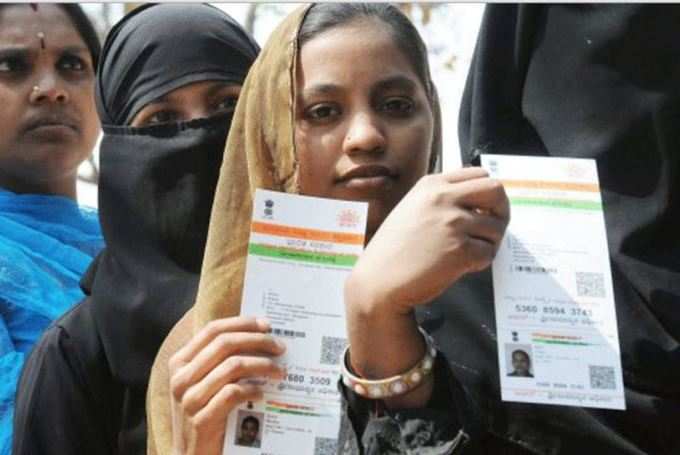
In a major set of events, the Digital India mission particularly with respect to public distribution system and social schemes in the country, seems to be on a back foot.
With the
Firstly, National Identification Authority of India Bill has still not got public consent in terms of being passed as a legislation in a democracy like India. Spending billions of rupees and enrolling close to 800 million people on a scheme that has not got legal backing is again a serious matter for a country like ours where every penny counts.
Secondly, sheer involvement of very personal data of individuals such as their finger prints and iris scans makes this issued further more complex. It is very logical assertion that private agencies collecting personal data of individuals at such large scale can easily misuse it in any unprecedented manner. Total absence of data handling and privacy related legal framework in India further creates a situation of legal ambiguity and complications for the enforcement agencies. Consider this when your email account is hacked or your debit card is stolen, the damage caused can still be contained, but if someone has unauthorised access to your iris scan and finger prints, the kind of havoc it can cause in your life is purely beyond imagination. Such a situation in a country where a cocktail of absence of privacy laws is being served with almost technical incapability of a major part of enforcement agencies to handle such complex matters is again a matter of deep introspection.
Apart from these, even the definitions and terminologies defined in the Bill are not yet clear and have the potential of further challenging the constitutionality of the legal framework on which it is being based. Be it definition of resident (not citizens) who can enrol in Aadhar scheme or explaining biometric information, there are innumerable loose ends in the Bill itself.
Besides, even if Aadhar project is considered essential for state welfare schemes, there are no restrictions, regulations and penalties on the government and handling authorities in handling the data that has already been collected by them. In such a situation authorities will be at will to use such data as they want. It wouldn’t be totally fictitious then to imagine that, we will be in a state of lawlessness to the extent of legal issues arising out of such cases.
While close to 140 billion Indian population demands a reformative welfare scheme and system such as Aadhar ID, the wider interest lies in evolving it in true light of proper and tight worded legal system. Fact is, right now Aadhar project is a baby grown too fast in a lawless territory. It needs a proper legal guiding light and regulatory framework for letting it become a national winner and not a dark demon causing havoc in lives of very people for whose benefit it was conceptualised. Only then its benefits shall be reaped by the citizens even on last mile of the borders of this great country.
(Nishant Ahlawat, a Delhi Based technology and corporate law expert who guides and advises young entrepreneurs in legal aspects of their start-up ventures.)